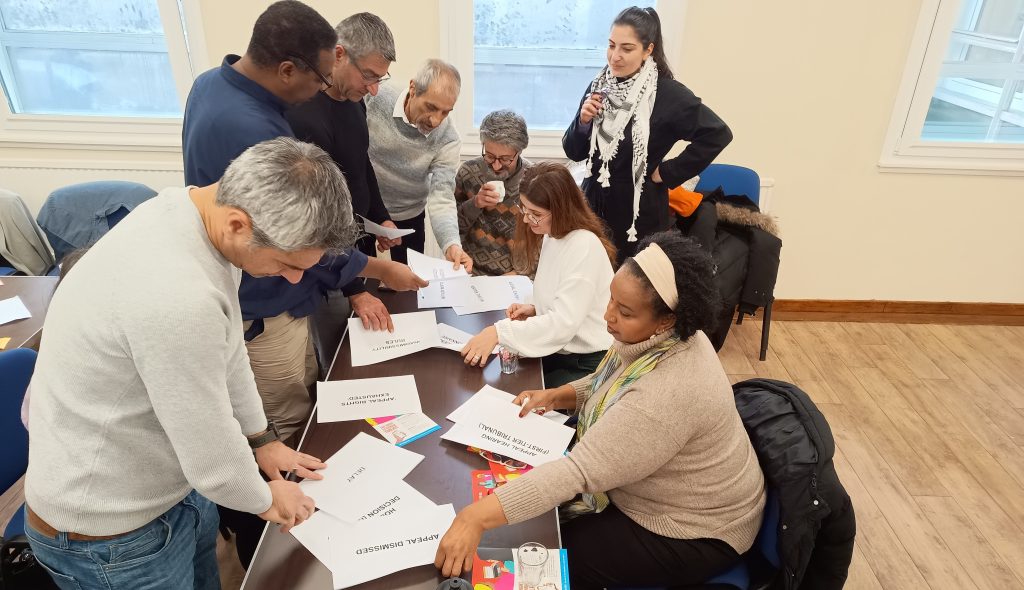
With two new Legal Education Officers in the Right to Remain team, we are excited to deliver workshops and make new connections!
This short blog (re)introduces our current workshop offering. Keep reading to find out out how to request a workshop from Right to Remain.
What is public legal education?
Our public legal education involves producing accessible resources and workshops, so that people can understand and navigate the UK’s asylum and immigration system.
Our best known resource is the Right to Remain Toolkit – a guide to the asylum and immigration system, with practical steps you can take to be in a better position. We also have the Young Asylum Guide – a guide specifically for unaccompanied asylum seeking children, and the Asylum Navigation Board – a visual guide of the adult asylum process.
We also regularly update our Legal Updates blog, where we cover key news in a short and accessible format.
How do workshops fit in?
The Right to Remain Toolkit is a living resource, and one of the main ways it comes alive is through legal education workshops.
Workshops are one of the key ways in which we engage with our community of Toolkit users. When it comes to gaining confidence with a specific topic, this is best done by coming together and working with others. Our workshops are also a space for building connections and radical solidarity amongst participants.
We currently have workshops on the following topics listed below. Please note that we might be able to run a combination of topics in any given workshop, just ask!
How to effectively and confidently navigate the Toolkit
- Introduction to Right to Remain and our Theory of Change
- 5 tips for sharing the Toolkit
- Build confidence in using the Toolkit
- Interactive exercise on how to use the Toolkit
The stages of the asylum process
- Detailed walk through of all stages of the asylum process, incorporating latest law and policy, and practical steps you can take at each step of the process
- Interactive exercise to get to grips with the stages of the asylum process
Understanding the difference between legal advice and legal support
- Definitions and current context
- Interactive exercises involving case studies
- How to identify when legal advice is needed
- Tips on how to offer legal support with clarity and care
Preparing for a substantive interview
- Deep dive into substantive interview Toolkit page
- Interactive exercises to help prepare
What happens after a Home Office asylum decision
- Key terms and definitions
- Steps you can take if the Home Office refuses your asylum claim, even if you do not have a lawyer
- How to get to grips with life after refugee status
Staying Safe in the Hostile Environment
- Understanding the basics of the hostile environment
- Common-sense safety practice
- Immigration raids and enforcement
- Supporting people attending reporting events and at risk of immigration detention
- Community defence
The 10 Year Route and Fee Waivers
- Key terms and definitions
- Explanation of types of renewal applications on 10 year route – family and private life
- Types of evidence needed for a fee waiver application
- Read a write up of our pilot 10 year route workshop here
Work Exploitation and Migrant Workers’ Rights
- Explanation of law surrounding work visas
- Work exploitation case studies
- Read a write up of our pilot Work Exploitation and Migrant Workers’ Rights workshop here
Evidence
- Key definitions: what is evidence and when might you need it? What is good evidence?
- Interactive exercise assessing quality of evidence
- How to gather evidence with your community or when working with your lawyer
Working with a lawyer
- Key definitions
- Challenges with Legal Aid
- Interactive exercises: what should a lawyer do for you? How can you help your lawyer?
Navigating Appeals in the First Tier Tribunal
- Requirements and Rules of the FTT
- How to support someone through the FTT process, even if they do not have a lawyer
Solidarity Sessions
Another form of workshop we run is Solidarity Sessions. The idea for these types of workshops came from a realisation that we needed to build a space where groups from all types of organisation, role or background could come together, connect, learn, brainstorm, and ultimately, step up to the challenges proposed by the even more hostile environment.
At the same time, internally Right to Remain was working through our refreshed Theory of Change, which combines building knowledge (public legal education), building radical solidarity (strategic convening) and building power (campaign and community organising). Solidarity Sessions therefore are a way to put our Theory of Change into practise.
There is no criteria for a Solidarity Session, the only thing we require is at least 4 different groups in the area to come together and express their interest.
Please get in touch if you’d like more information about any of these workshops.
Please note that we currently only have two Legal Education Officers who balance delivering workshops with maintaining our resources, so we may not be able to respond to your individual workshop request. Also for this reason, we tend to prioritise areas where multiple groups can come together for one workshop.
If your organisation would like to request a Right to Remain staff member as a speaker or panellist for your event, please email esther@righttoremain.org.uk with as much information as possible (for example, where you are, topics you would like to focus on, type of audience, how many attendees approximately, etc).



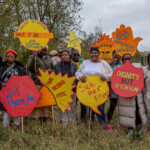
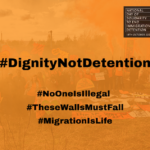
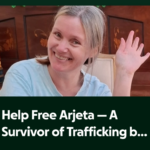





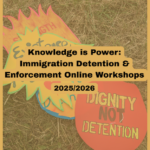
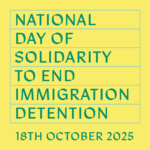
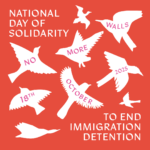
Discussion: